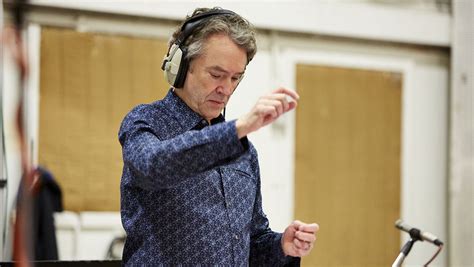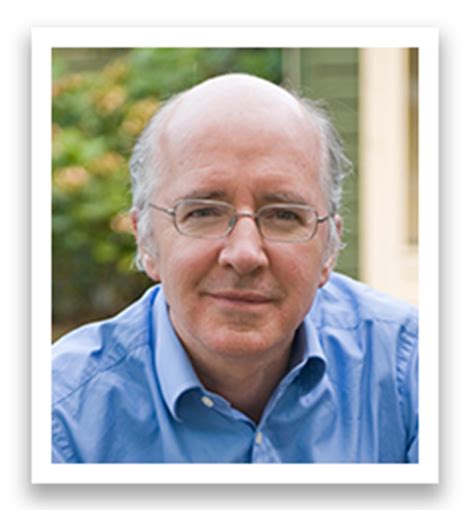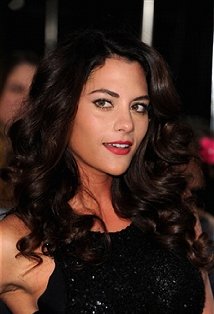A Quote by Carter Burwell
Any film which views the darker side of life, which is death with a sense of humor, is very much to my taste.
Related Quotes
We are left with nothing but death, the irreducible fact of our own mortality. Death after a long illness we can accept with resignation. Even accidental death we can ascribe to fate. But for a man to die of no apparent cause, for a man to die simply because he is a man, brings us so close to the invisible boundary between life and death that we no longer know which side we are on. Life becomes death, and it is as if this death has owned this life all along. Death without warning. Which is to say: life stops. And it can stop at any moment.
What I call middle-class society is any society that becomes rigidified in predetermined forms, forbidding all evolution, all gains, all progress, all discovery. I call middle-class a closed society in which life has no taste, in which the air is tainted, in which ideas and men are corrupt. And I think that a man who takes a stand against this death is in a sense a revolutionary.
It's Steven's [Sebring] view of what he saw in traveling and working with me. But on another scale, I think the film [Dream of Life] is very humanistic: It touches on motherhood, death, birth, art, laundry, anger against the Bush administration... While I don't think it's the kind of film where one goes to find some of the darker, edgier aspects of life, the film was born of grief.
Are not the thoughts of the dying often turned towards the practical, painful, obscure, visceral aspect, towards the "seamy side" of death which is, as it happens, the side that death actually presents to them and forces them to feel, and which far more closely resembles a crushing burden, a difficulty in breathing, a destroying thirst, than the abstract idea to which we are accustomed to give the name of Death?
Judges of elegance and taste consider themselves as benefactors to the human race, whilst they are really only the interrupters of their pleasure ... There is no taste which deserves the epithet good, unless it be the taste for such employments which, to the pleasure actually produced by them, conjoin some contingent or future utility: there is no taste which deserves to be characterized as bad, unless it be a taste for some occupation which has mischievous tendency.
The defect in wisdom and taste which exists among the majority of dancers is due to the bad education which they generally receive. They apply themselves only to the material side of their art, they learn to jump more or less high, they strive mechanically to execute a number of steps, and like children, who utter a great many words devoid of sense and relation, they execute many phrases of steps devoid of taste and grace.
In that chocolate side of town, in my blessed city of Sacramento, California - that was beginning of my death shudders, that's why Kierkegaard and Kafka began to make sense to me when I was very, very young - that radical sense fragility of life and inevitability of death; those trucks coming, if the truck came at a same time I was on the bridge, I was in the creek -my body would be the culinary delight of terrestrial worms.








































